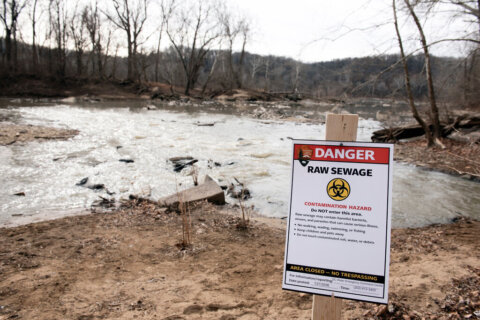WASHINGTON — When public health emergencies strike — caused by disease outbreaks, natural disasters or other emergencies — Maryland, Virginia and D.C. are relied upon to provide an important line of defense.
The latest National Health Security Preparedness Index finds all three rank above the national average.
“The greater D.C. region has some relatively strong health protections in place, leading the nation in a number of areas,” said Dr. Glen Mays, the principal investigator of the latest index.
Funded by the Robert Wood Johnson Foundation, the index assesses states in six broad areas: health security surveillance; community planning and engagement; incident and information management; health care delivery; countermeasure management; and environmental and occupational health.
D.C., Maryland and Virginia show strength in incident and information management.
“We’re measuring an array of factors that relate to how strongly connected organizations are that need to play a role in responding to disasters and emergencies,” said Mays, pointing out that D.C., Maryland and Virginia have a history of strong collaboration during emergencies.
One area in which D.C. lags behind the national average, however, is health security surveillance.
“Here we measure the ability to rapidly detect health threats as early as possible,” Mays said. “This is an area D.C. has made improvements in the surveillance domain over time, but it still lags considerably behind many other states,” he said.
Read more on the index website.







